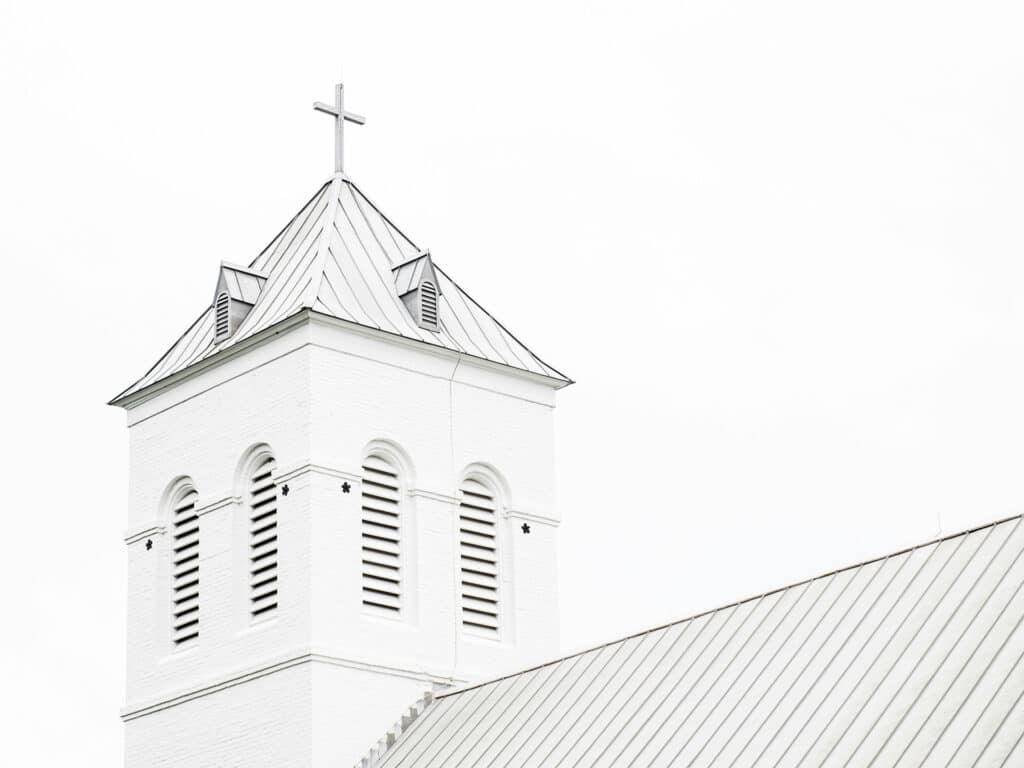LEE’S SUMMIT, Mo. (BP) – Eighteen months after raising objections to restrictions related to COVID-19, Abundant Life Baptist Church reached a settlement Oct. 18 to the tune of $146,750 with the Jackson County, Mo., legislature.
Government leaders voted in favor of the settlement in exchange for the church dropping its lawsuit that claimed the county’s measures amounted to discrimination. Abundant Life, which sees weekly attendance in excess of 4,500 across three campuses, was placed in a group during the lockdown that restricted gatherings to no more than 10 people.
“Abundant Life always asked to be treated by the same rules as similar, secular activities,” attorney Jonathan Whitehead, who is also a member of the church, told Baptist Press. “Abundant Life complied with orders requiring everyone to stay home in March 2020. But Jackson County ‘reopened’ by calling big-box stores essential, while limiting any worship gathering to 10 people.
“At one point, it asked churches to get permission to meet. After trying to work with county officials, Abundant Life decided to ask a court to decide what the law required.”
The decision is the latest in a series of rulings favoring churches when it comes to COVID restrictions. Last year, the Supreme Court ruled in favor of churches and those wanting to attend religious services in New York as well as Colorado and New Jersey. In February, California leaders were told they couldn’t ban indoor church services. The Court followed that up in April, siding with Californians who wanted to worship unimpeded in their homes.
Jackson County legislators told the Kansas City Star that the 6-2 decision to settle came in light of the outcome to those earlier court cases. The county no longer restricts gatherings.
“I think that is a result of churches like Abundant Life standing up,” Whitehead said. “While churches support government efforts to improve public health, that burden can’t fall unfairly on religious worshippers, no matter their faith.”
In addition to Abundant Life dropping its lawsuit, the county also agreed that in the future, health restrictions “would be no more onerous on churches than secular gatherings.”
As churches experience the winning streak for the right to gather, Whitehead points to the ongoing debate over vaccines.
“Baptists have long called for government to accomplish what it needs, where it can, while minimizing burdens on religious conscience,” he said. “There will be many opportunities to stand up for that principle in the near future.
“Even though many Baptists are convinced the vaccine is safe and ethically acceptable, sincere religious objections should continue to be respected.”














